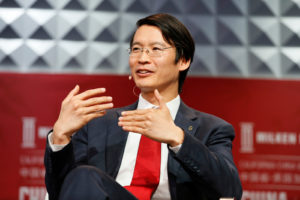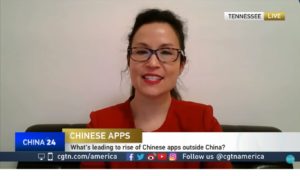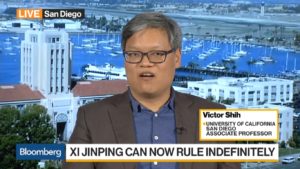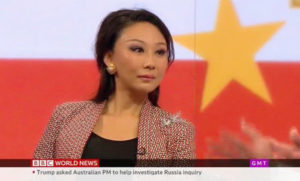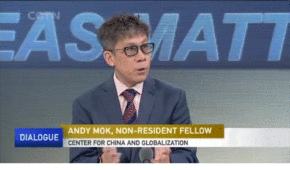
China’s financial system is much tightly controlled by the government compared to what the world is used to, says financial expert Victor Shih at the BBC. China has been spending trillions of US dollars in loans to both the developing and the developed countries, including to the insurer of the CIA’s pension fund, writes the BBC.
The BBC:
“China has a kind of financial system that the world has never seen,” says Victor Shih, director of the 21st Century China Centre at University of California San Diego. China has the largest banking system in the world – larger than the US, Europe and Japan put together, he adds.
That size, along with the amount of control Beijing exerts over state banks, gives it unique capabilities.
“The government controls interest rates and directs where the credit goes,” Mr Shih says. “This is only possible with very strict capital control, which no other country could have on a sustainable basis.”
Some of the investments in wealthy economies appear to have been made in order to generate a healthy return. Others fall in line with Beijing’s strategic objectives, set out a decade ago in a major government initiative called Made in China 2025.
In it the Chinese authorities outlined a clear plan to dominate 10 cutting-edge industries, like robotics, electric vehicles and semiconductors by this year.
Beijing wanted to fund big investments abroad so key technologies could be brought back to China.
Global alarm at the plan led China to drop public mention of it, but Victor Shih says it “stayed very much alive” as a guiding strategy.
“There are all kinds of plans still being published,” he says, “including an artificial intelligence plan and a smart manufacturing plan. However, the mother of all plans is the 15th five-year plan.”
Victor Shih is a speaker at the China Speakers Bureau. Do you need him at your meeting or conference? Do get in touch or fill in our speakers’ request form.
Are you looking for more financial experts at the China Speakers Bureau? Do check out this list.


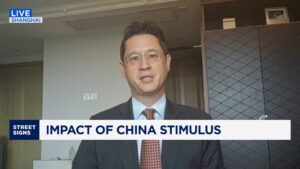
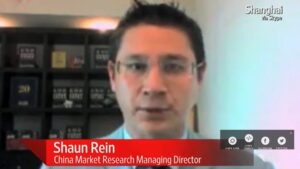
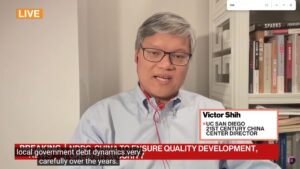
 Rating agencies have been lowering China’s rating.
Rating agencies have been lowering China’s rating. 
